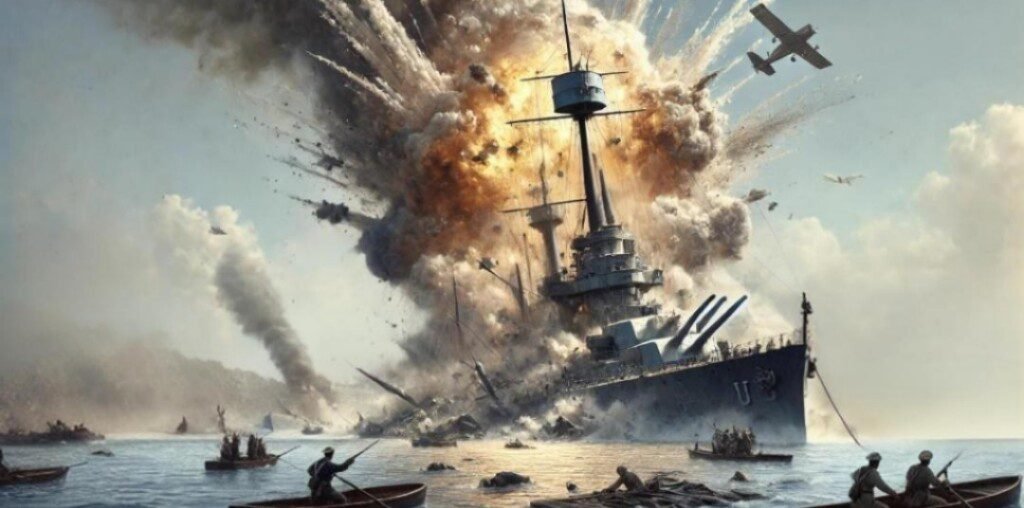Background: Cuba had long sought independence from Spanish colonial rule, and tensions between Spain and the United States escalated in the late 19th century. The U.S. had economic interests in Cuba and sympathized with Cuban revolutionaries fighting against Spanish oppression. Sensationalist journalism, known as “yellow journalism,” further fueled anti-Spanish sentiment among the American public.
What Happened: On February 15, 1898, the USS Maine exploded in Havana Harbor, killing 266 American sailors. Although the exact cause of the explosion was uncertain, newspapers and politicians blamed Spain, leading to widespread outrage. The phrase “Remember the Maine! To hell with Spain!” became a rallying cry for war. The United States declared war on Spain in April 1898, and within months, the U.S. military defeated Spanish forces, securing victories in Cuba, Puerto Rico, Guam, and the Philippines.
Impact for the Future: The Spanish-American War established the United States as a global power with overseas territories, marking a shift toward imperialism. It also set the stage for continued U.S. involvement in Latin American and Pacific affairs, influencing international relations for decades.

